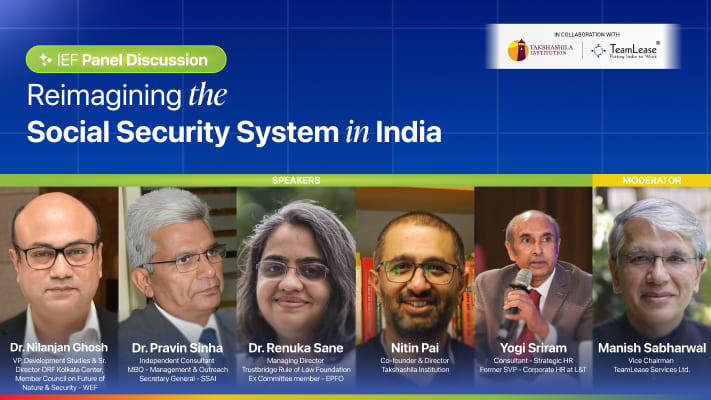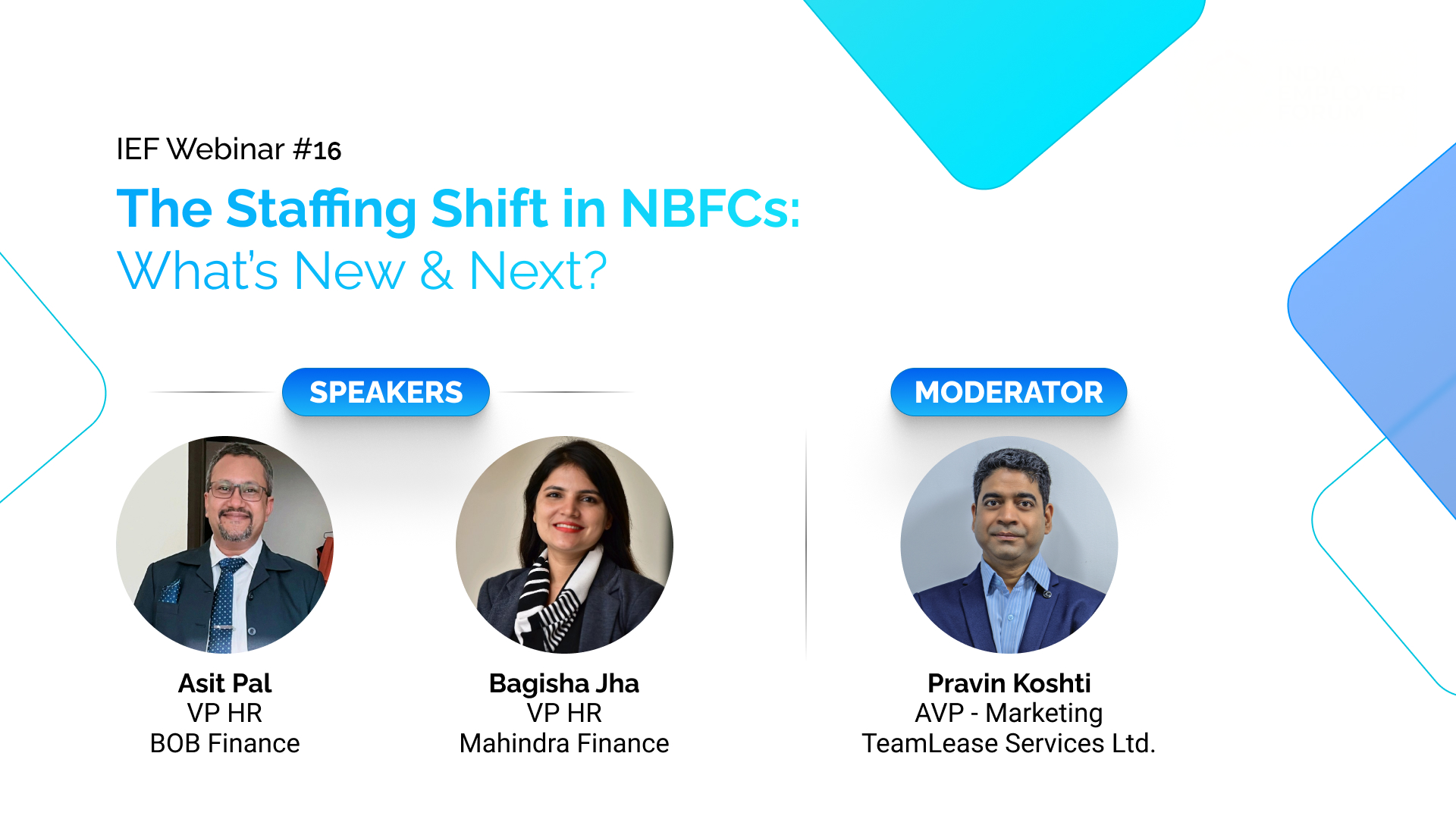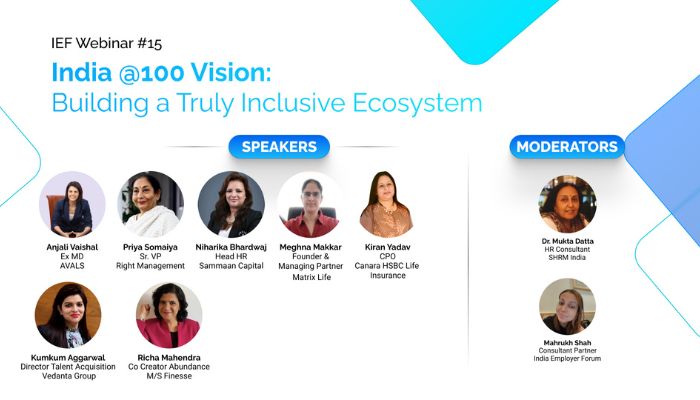In India, contract staffing is regulated by the Contract Labour (Regulation and Abolition) Act of 1970, which governs the rights and responsibilities of both the employer and the contract worker.
The Act applies to any establishment that employs 20 or more workers on a contract basis and requires the employer to obtain a licence from the government before engaging in contract staffing. The licence is valid for a period of five years and must be renewed every five years. The employer must also maintain accurate records of the number of contract workers employed and the wages paid to them.
Under the Act, contract workers are entitled to the same wages and benefits as regular employees doing the same work, and must be provided with safe and healthy working conditions. The Act also requires the employer to provide necessary safety equipment and ensure the work environment is free from hazards.
However, there are concerns that these laws are only sometimes enforced effectively, and that contract workers in India are often subject to poor working conditions and low wages. In addition, there needs to be more clarity around the rights and responsibilities of the employer and the contract worker, which can lead to disputes and legal challenges.
In the webinar on 23rd Feb 2023, eminent corporate leaders had a productive discussion on this topic, highlighting loopholes/defects in the contract labour laws and ways to tighten them.
The webinar had three eminent industry experts who shared their views about the contract staffing laws in India and their effect on the Indian economy and employees of the country. Dr Runa Maitra, Founder and Director of People Talent International moderated the entire session.
To share his views on the topic, one of the speakers Sumit Bhattacharya, CHRO of SPML Infra Ltd. said, “The on-ground reality is that we need contract labourers, however, the act itself has certain loopholes, where if anybody wants they can break it. First of all, the act fails to state a clear distinction between core and peripheral activities which have led to non-implementation. Secondly, the act states that it applies to every organisation employing 20 or more contract-level workers, thus it enables the establishment or contractor to avoid responsibility regarding the welfare of the workers by employing less than 20 workmen.”

The webinar also had Nirav Jagad, Group Chief People Officer, Sugar Cosmetics as a speaker. Nirav added valuable points to the discussion. He said, “Why was this law made in 1970? We didn’t have this law earlier; the factories act predates this much earlier, so obviously, there was some need for this law to be made. What brought about the commercial need at this point was the manufacturers would have gone back to the government and the industry bodies would have pressured the government and said that we need a regulation around this.”

The third expert on the panel was Sarmistha Roy Chowdhury, ex-CHRO of Power Exchange Ltd. Sarmistha had some very useful insights. She said, “Talking about this gig economy, what is the exchange of labour or money between individuals or companies via digital tracks? It is to actively facilitate this match between the providers and customers on a short-term payment-by-task basis. So, the digital economy and the platform have also boosted the gig economy in today’s interest.”

The panel discussion ended with a Q&A session where members of the audience, mostly HR professionals from various companies, enthusiastically posed their queries to the panel members.
The India Employer Forum webinar on ‘Contract Staffing Laws Are Easy To Break. Or Are They?’ was relevant for the time and had leaders who added value to the discussion by bringing in different perspectives.
View the entire session here: IEF Webinar #5 | Contract Staffing Laws Are Easy To Break. Or Are They?
You might be also interested to read: Employer’s Balancing Act Between Full-time And Contract Employees





